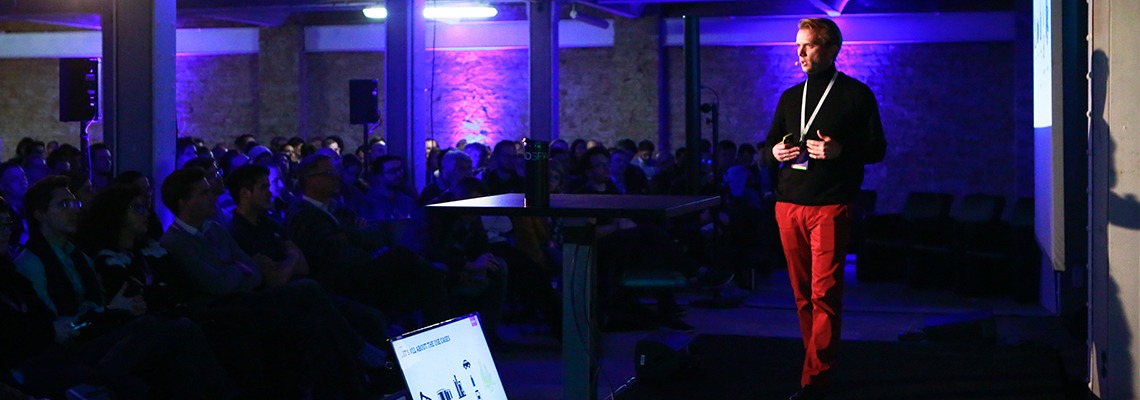The future of mobility – how German automobile manufacturers can make digitization a success
04. August 2016
For many years, German automobile manufacturers have rested on the laurels of their excellent sales figures and have been somewhat careless in their approach to the topics of digitization and the future of mobility. It now seems that there is some movement at last. But do Daimler, VW, and other such companies still have a chance of catching up with their competitors from Silicon Valley?
If the statements coming from the management boards of German automobile manufacturers are to be believed, everything at these companies is currently revolving around digitization. It is not just VW’s corporate strategy that is placing digital technology and driverless vehicles at the top of the agenda. Daimler is also pressing ahead with the topic of e-mobility and BMW plans to become more in touch with customers and their needs with its new “BMW Connected” connectivity service. The app combines elements such as vehicle information with the coordination of appointments and journeys. The concept of “anticipatory driving” takes on a whole new dimension if your smartphone uses information about the current traffic situation to inform you that it is time to finish your breakfast and make a move.
The competition never sleeps – quite the opposite
Is this the long awaited – and now long overdue – digital turning point for the German automobile industry? By now, all of the manufacturers must have at least realized that it is high time they adapted to the latest digital developments – if they still want to have a part in the automobile industry in the future.
After all, the competition from the digital and tech scene does not sleep. While Apple is already tinkering on the development of its own car, which is to be implemented in cities in a similar way to the Car2Go model, Google has already developed a driverless car. Although the recent news about a fatal accident involving a Tesla driver is evolving into a real issue, this will not hinder Tesla in the long term. And Uber has recently been valued at 62.5 billion dollars, making it the most valuable startup in the world that is not publicly listed.
There needs to be a change of culture
When comparing these companies with German automobile manufacturers, it becomes obvious that there is a vast difference in the approach taken to development. The traditional companies still find it difficult to depart from the product-based mindset and to think on a bigger scale. After all, it is no longer just a matter of the car itself. It is a matter of how we will approach mobility in the future. This problem is also caused by the fact that automobile manufacturers are having to handle two challenges at once. On the one hand, they need to keep their core business going because it is the revenue driver. On the other hand, they need to generate new, future-oriented digital business at the same time. Yet each task calls for a completely different way of thinking and working.
If they are to keep up with the digital players from Silicon Valley, they need a change of mindset. This will call for creativity, lateral thinking, and risk-taking – rather than engineering-based perfection and precision. It will also require structures, decision-making processes and methods that allow for speed and flexibility. Automobile manufacturers need a change of culture in order to develop the kinds of qualities that are an intrinsic part of the DNA of startups and tech companies. Whether this will happen quickly enough remains to be seen.





* Required field